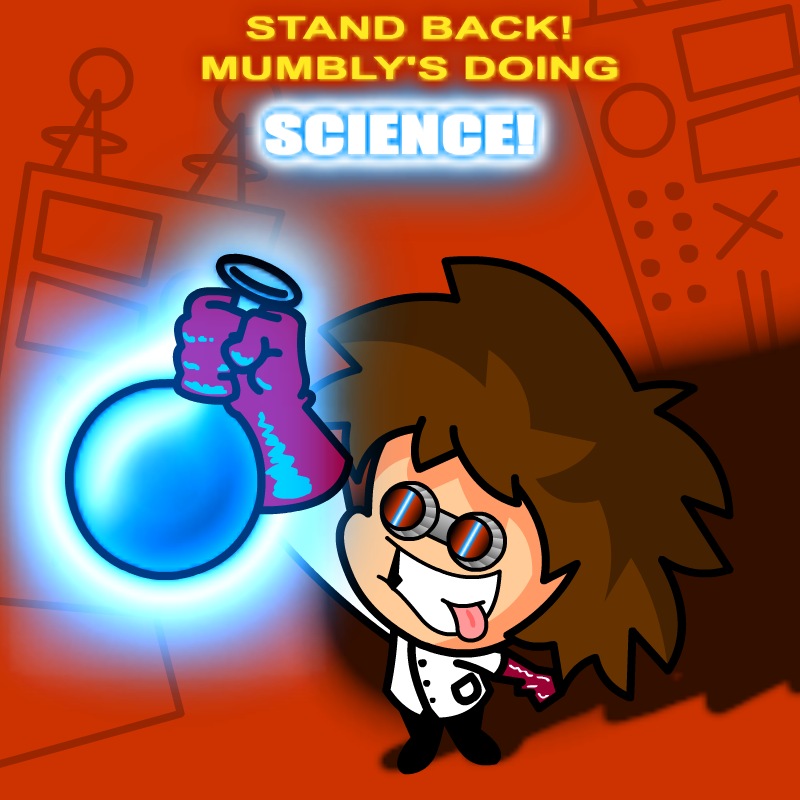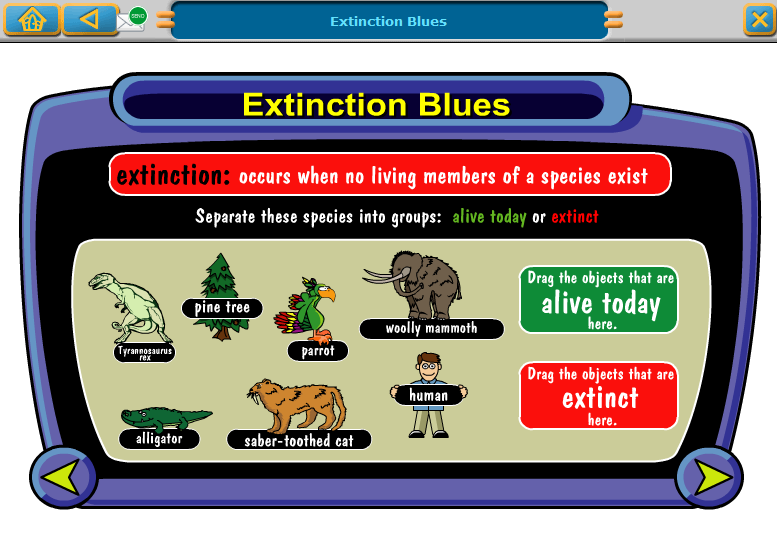For over a year now, I have laboriously started the Inclusive Advocacy of Pines City National High School. There are 20 students mainstreamed in our school. Their cases vary from physical impairment, hearing impairment, specific learning disabilities and Autism.
Some of these students are doing well in academics and extra- curricular activities. Some are also lagging behind.
Through this blog, I find solace and consolation that at least I am on the right track for our advocacy. Let me just share some of what we have been doing..
THE DEAF AWARENESS WEEK
Narrative report on deaf awareness week from L Ferndz
FIRST PLACE ENTRY
Hear Me Out
By Bianca Ysabelle Tiwaquen
AAAAAAAAHHHHHH!
Hear me out! Please let me shout!
AAAAAAAAHHHHHH!
I don't understand I can't let it out.
I can feel something's wrong, though I can't quite place it.
I can see all these beauty, although I can't express it.
Deprived me of a sense, go ahead. take it!
I am not useless, God forbid it.
Oh, the signs I'll give. A limitless dictionary so new!
But sadly the knowledge comes across a few.
With hands to speak, with my eyes I'll listen
I don't lack abilities, my ideas shall glisten.
Though I may not hear, it's time to be aware.
I'll sign a sign of something oh so rare.
For all of us must sign, a language we know all too well.
Let us show a sign of love, to the deaf, mute, I wish you well.
SECOND PLACE ENTRY
What if I were Deaf?
By: Vian Martinez
What if I were a girl who's supposed to have all the senses but suddenly one just disappeared?
Would you laugh at my disability that I cannot comprehend the things that you say?
Or would you be subtle to me and teach me the right way?
Or would you find me helpless, turn your back and walk away?
Sure, I maybe deaf but I am not useless.
I can still speak, see, write and do what other people can do.
And maybe if I can't speak, we can communicate through written conversation.
So don't make excuse to pity on me, don't look down on people like me.
Sometimes you don't know, but they could do what others mostly can't do.
Or maybe do things better that you.
So who are you to judge on how we act?
We are still humans and that's a fact!
Sure, we have flaws, but you do too.
No one is perfect, neither me nor you.
Being deaf is horrible, it is, and a lot of people possess this disability.
But don't put them down to the grounds, it's not the end for them, you see?
You could help and teach them the ABC'c even together with the 123's
Or help them to express their feelings in another kind of way,
Like through writing, music or arts
Make them feel special and don't tear their world apart.
Make the right real, promote inclusive deaf- friendly communities.
Restore humanity and together we can make the world into a better place
'Cause like a wise man once quoted:
"Unless someone like you cares a whole awful lot.
Nothing is going to get better. It's not."
THIRD PLACE ENTRY
A Deaf's Message
By: Tala Feria Aliwana
You talk about me 'cause you think I can't hear you.
Yes, I can't hear but I can see.
You talk to me like I'm a person of low intelligence.
Honestly, I feel inferior.
I may be deaf.
But I'm also a person.
I get hurt.
I feel emotion overflowing my heart.
I ask you to understand me.
My disability doesn't define my personality.
I know with education you will.
Together, we can build a better place.
As a deaf, I understand people like me.
The troubles they're in, the dreams they have.
The hardship of being wanted but instead left- out.
With me, I can help you understand.
Acceptance doesn't happen instantly
It takes time and patience.
I have suffered long and hard,
And now I've come to take action.
We belong to a dark world filled with terror and fear.
But when you we can light a candle.
And finally light the whole world up.
Shouting kindness and love to all its corner.
THIRD PLACE ENTRY
Quiet Noise
By: Prince Jhessie Jularbal
I saw people talk and laugh.
But I don't know why they talk and laugh.
'Cause I don't hear them talk and laugh.
Sometimes they point at me and laugh.
I always flick
'Cause I don't hear single click.
Even a loud kick
or a clock's tick.
I attempt to kind a friend,
and only one accept
That gave me love and respect
even when my contempt.
People use loud voice.
use signs as my voice
and that's my choice
to create my quiet noise!!
THE AD/HD AWARENESS WEEKFIRST PLACE ENTRY
Hear Me Out
By Bianca Ysabelle Tiwaquen
AAAAAAAAHHHHHH!
Hear me out! Please let me shout!
AAAAAAAAHHHHHH!
I don't understand I can't let it out.
I can feel something's wrong, though I can't quite place it.
I can see all these beauty, although I can't express it.
Deprived me of a sense, go ahead. take it!
I am not useless, God forbid it.
Oh, the signs I'll give. A limitless dictionary so new!
But sadly the knowledge comes across a few.
With hands to speak, with my eyes I'll listen
I don't lack abilities, my ideas shall glisten.
Though I may not hear, it's time to be aware.
I'll sign a sign of something oh so rare.
For all of us must sign, a language we know all too well.
Let us show a sign of love, to the deaf, mute, I wish you well.
SECOND PLACE ENTRY
What if I were Deaf?
By: Vian Martinez
What if I were a girl who's supposed to have all the senses but suddenly one just disappeared?
Would you laugh at my disability that I cannot comprehend the things that you say?
Or would you be subtle to me and teach me the right way?
Or would you find me helpless, turn your back and walk away?
Sure, I maybe deaf but I am not useless.
I can still speak, see, write and do what other people can do.
And maybe if I can't speak, we can communicate through written conversation.
So don't make excuse to pity on me, don't look down on people like me.
Sometimes you don't know, but they could do what others mostly can't do.
Or maybe do things better that you.
So who are you to judge on how we act?
We are still humans and that's a fact!
Sure, we have flaws, but you do too.
No one is perfect, neither me nor you.
Being deaf is horrible, it is, and a lot of people possess this disability.
But don't put them down to the grounds, it's not the end for them, you see?
You could help and teach them the ABC'c even together with the 123's
Or help them to express their feelings in another kind of way,
Like through writing, music or arts
Make them feel special and don't tear their world apart.
Make the right real, promote inclusive deaf- friendly communities.
Restore humanity and together we can make the world into a better place
'Cause like a wise man once quoted:
"Unless someone like you cares a whole awful lot.
Nothing is going to get better. It's not."
THIRD PLACE ENTRY
A Deaf's Message
By: Tala Feria Aliwana
You talk about me 'cause you think I can't hear you.
Yes, I can't hear but I can see.
You talk to me like I'm a person of low intelligence.
Honestly, I feel inferior.
I may be deaf.
But I'm also a person.
I get hurt.
I feel emotion overflowing my heart.
I ask you to understand me.
My disability doesn't define my personality.
I know with education you will.
Together, we can build a better place.
As a deaf, I understand people like me.
The troubles they're in, the dreams they have.
The hardship of being wanted but instead left- out.
With me, I can help you understand.
Acceptance doesn't happen instantly
It takes time and patience.
I have suffered long and hard,
And now I've come to take action.
We belong to a dark world filled with terror and fear.
But when you we can light a candle.
And finally light the whole world up.
Shouting kindness and love to all its corner.
THIRD PLACE ENTRY
Quiet Noise
By: Prince Jhessie Jularbal
I saw people talk and laugh.
But I don't know why they talk and laugh.
'Cause I don't hear them talk and laugh.
Sometimes they point at me and laugh.
I always flick
'Cause I don't hear single click.
Even a loud kick
or a clock's tick.
I attempt to kind a friend,
and only one accept
That gave me love and respect
even when my contempt.
People use loud voice.
use signs as my voice
and that's my choice
to create my quiet noise!!
THE CEREBRAL PALSY AWARENESS WEEK
THE SPED BULLETIN CORNER
Information is power, so they say. With our SPED Bulletin Corner, we update the studentry and the entire school of the different activities concerning SPED.











